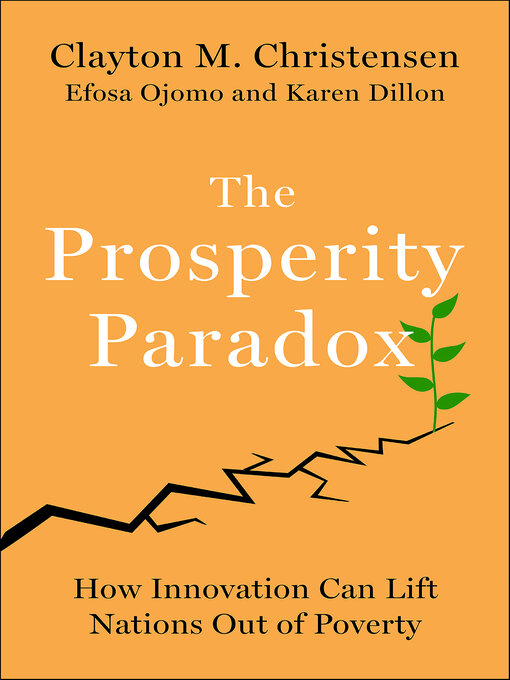- Available now
- New eBook additions
- New kids additions
- New teen additions
- Most popular
- Great reads without the wait!
- See all
- Favorite Recorded Books Audio
- Available now
- New audiobook additions
- New kids additions
- New teen additions
- Most popular
- Try something different
- Family Road Trip Audiobooks
- Audiobooks for the Whole Family
- Great Narrators
- Always Available Audiobooks
- Poetry is Meant to Be Spoken
- Great audiobook narrators
- See all
- Top Magazines - Now Available!
- Crafting & DIY
- Just added
- Sports
- Health & Fitness
- News & Politics
- Cars & Motorcycles
- Food & Cooking
- Business & Finance
- Revistas digitales
- 中文(简体
- 雑誌
- See all


